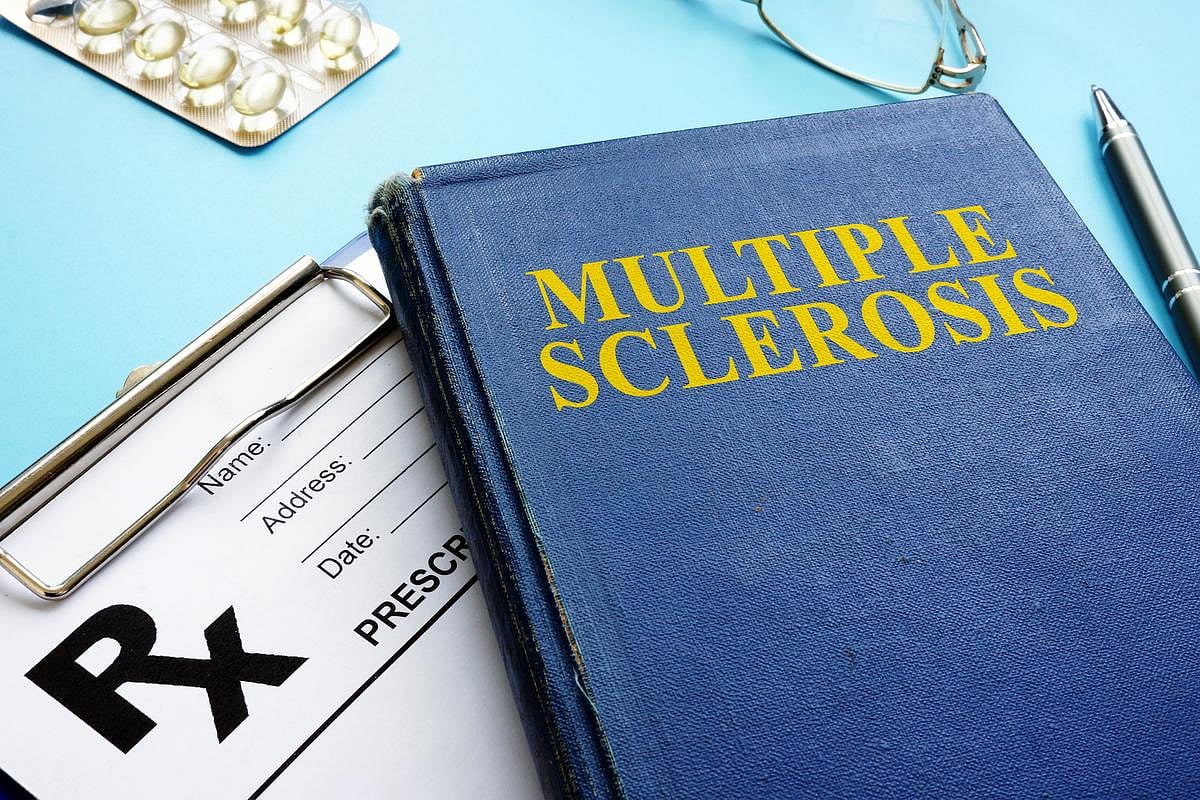Manténgase sano!

- Posted September 18, 2025
Pharma Payments Might Influence MS Drug Prescriptions, Researchers Argue
THURSDAY, Sept. 18, 2025 (HealthDay News) — Nearly 4 out of 5 American neurologists prescribing multiple sclerosis (MS) drugs have received at least one payment from the pharmaceutical industry, a new study reports.
Those who prescribe larger amounts of MS drugs were more likely to have received payments, and those who got payments were more likely to prescribe the company’s drugs, especially if the payments were larger, sustained and recent, according to findings in BMJ Open.
The findings “raise concerns about excess pharmaceutical promotion efforts and their implications for physician prescribing for patients,” concluded the research team led by senior investigator Dr. Joseph Ross, a professor of medicine and public health at Yale School of Medicine in New Haven, Conn.
Because MS is a lifelong condition, drugs that work for a patient are likely to be prescribed indefinitely, researchers noted.
“Promotional efforts to influence prescribing are especially concerning given the drugs’ substantial costs, particularly if more expensive brand-name drugs are being prescribed instead of appropriate, effective, generically available alternatives,” researchers wrote.
These payments were made for things like consulting services, speaking engagements, travel and accommodations, and food and drink, researchers said.
MS drug prescriptions are Medicare’s largest neurological drug expense, even though the prescriptions make up a relatively small portion of total claims, researchers said.
For this study, researchers analyzed publicly available data on payments made by pharma companies to doctors between 2015 and 2019, registered on the Centers for Medicare & Medicaid Open Payments platform.
“The Physician Payments Sunshine Act, which led to the creation of the Open Payments Database, was an important step forward in making transparent the financial conflicts of interest among physicians receiving industry payments,” researchers wrote.
“However, it remains unclear whether increased transparency has mitigated these conflicts of interest and their impact on prescribing behavior, or simply given the public greater insight into the large scale of industry payments made to prescribers,” they added.
The research team focused on payments to about 7,400 neurologists who had prescribed MS drugs for at least a year, issuing a minimum of 11 prescriptions. These payments came from 10 companies manufacturing about 20 MS drugs.
In all, nearly 80% of neurologists received payments from at least one drug company. More than 626,000 payments were handed out, with the total exceeding $163 million.
Two-thirds of neurologists (68%) received payments from two or more companies, results show.
The average individual amount received was relatively low, around $780, researchers said. The highest number of payments were made for food and drink.
But 10% of the docs received 95% of the total sum – more than $155 million. This suggests drug companies selectively target high-volume prescribers, researchers said.
The strongest link between payments and prescriptions was found for non-consulting services like speaking engagements. Neurologists paid for those services were 53% more likely to prescribe a company’s drugs, results show.
Doctors who got payments from a specific company were 13% more likely to prescribe its drugs, researchers found.
What’s more, the likelihood of prescribing a company’s drugs increased with the dollar amount paid to a neurologist:
$50 was associated with a 10% greater likelihood of prescribing a company’s drugs.
$500 with a 26% greater likelihood.
$1,000 with a 29% greater likelihood.
$5,000 with a 50% greater likelihood.
Long-term relationships also increased the likelihood that a doc would prescribe a company’s drugs.
Neurologists who’d gotten payments for five consecutive years were 78% more likely to prescribe a firm’s drugs, compared to a 12% greater likelihood for one year of payments, researchers said.
How recently a doctor got a payment also appeared to weigh on their decisions. A payment the same year increased the likelihood of prescribing a company’s drugs by 34%, but payments four years earlier only increased the chances by 3%.
Despite this evidence, researchers noted that doctors’ prescription decisions are influenced by many factors, including national guidelines, hospital protocols, insurance coverage and patient preference.
Because it was an observational study, no direct cause-and-effect link can be concluded between payments and prescription practices, researchers said.
“Physicians who treat more MS patients (and thus prescribe more MS drugs) are, by virtue of their clinical practice, more likely to attend conferences and events where interactions with industry are common,” researchers wrote.
More information
The National MS Society has more on MS drugs.
SOURCES: BMJ, news release, Aug. 26, 2025; BMJ Open, Aug. 26, 2025







